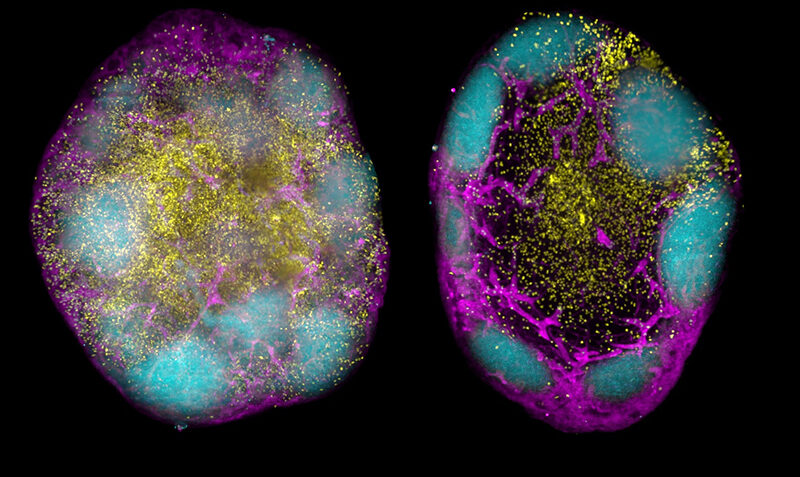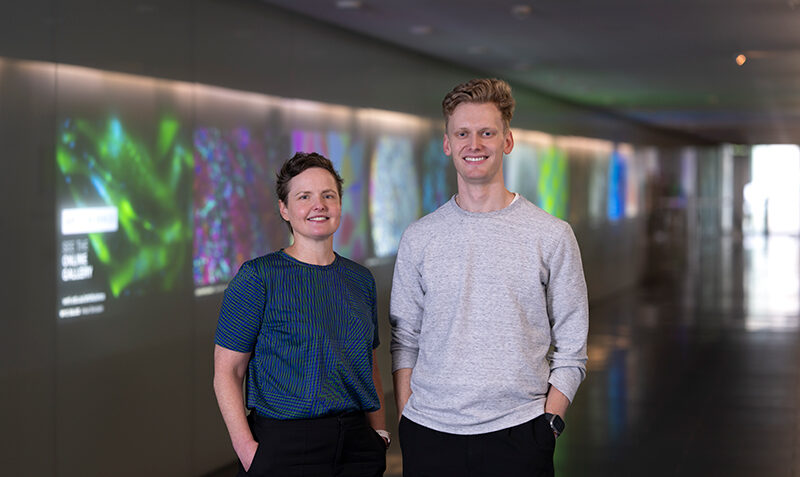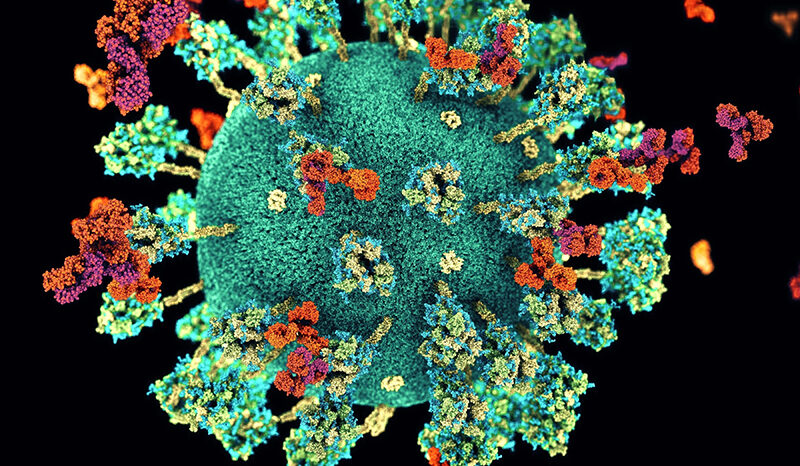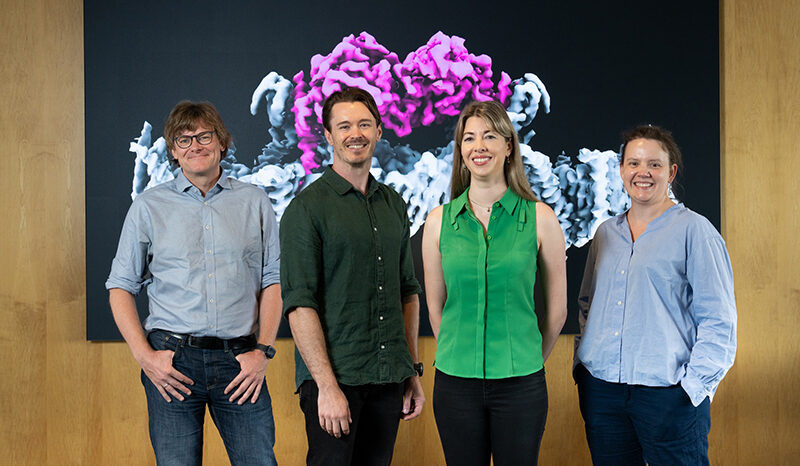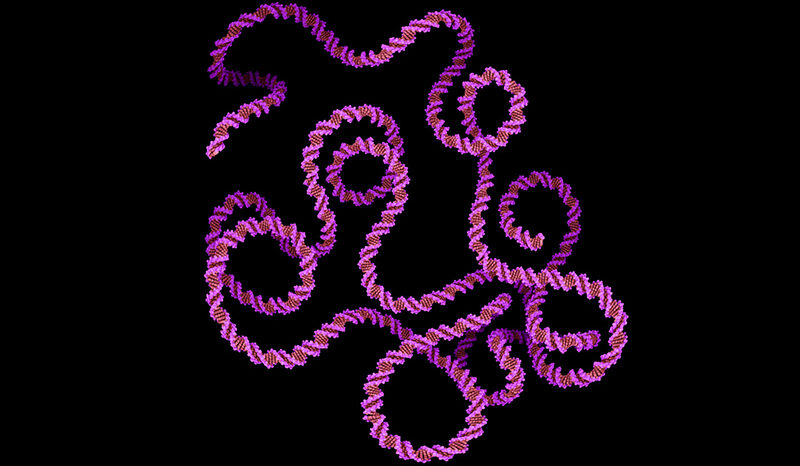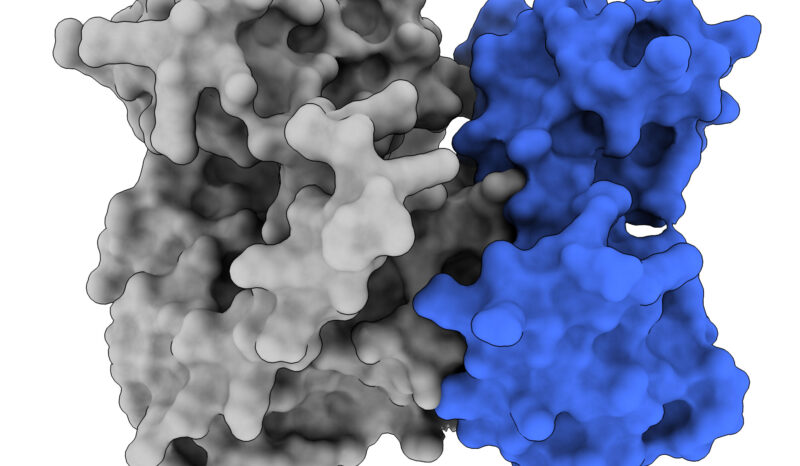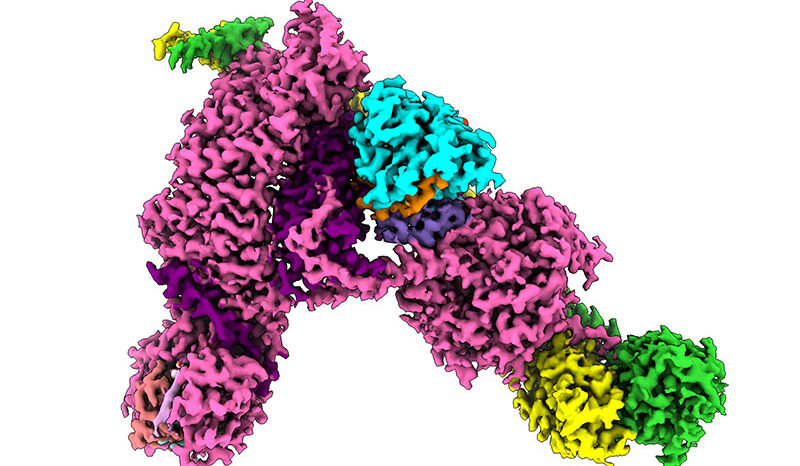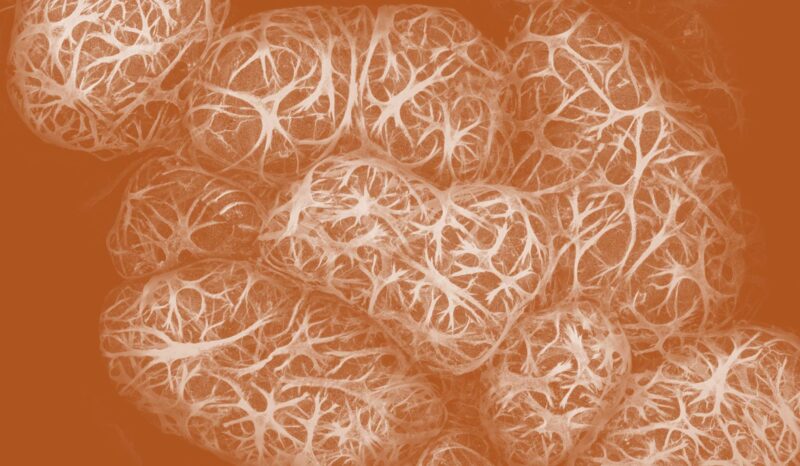Lead author on the study, WEHI Immunology division head Associate Professor Joanna Groom, said a specific type of immune cell had shown exceptional promise at overcoming these two obstacles.
“We’ve believed for some time that stem cell-like memory CD8+ T cells correlate with long-lasting protection, and this study is the first to prove this benefit,” said Assoc Prof Groom.
Like elephants that are regarded for their long memory, stem cell-like CD8+ T cells have the ability to ‘remember’ previous infections and respond rapidly to threats.
The team harnessed immunomodulation, to adjust immune responses at the cellular level, alongside mRNA vaccine technology to promote the generation of these potent cells in mice.
mRNA vaccines, like those used to protect against COVID-19, are highly adaptable and can be quickly generated to tackle new and emerging viral threats, making them a highly promising tool for vaccine development.
“The results are really striking – we were incredibly excited at how effective our new vaccine strategy was at boosting these cells,” Assoc Prof Groom said.
“Our approach has the potential to reduce the need for frequent booster shots, while maintaining strong and lasting immunity.
“Inducing these stem cell-like memory CD8+ T cells is the next big challenge for improving vaccines, and we’re energised to bring this future closer.”




